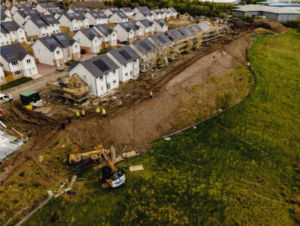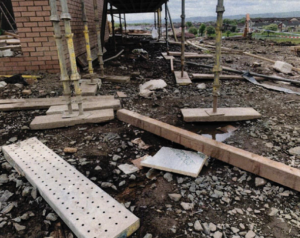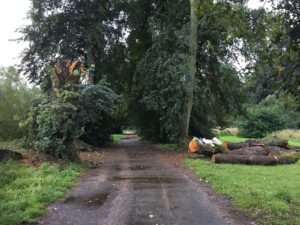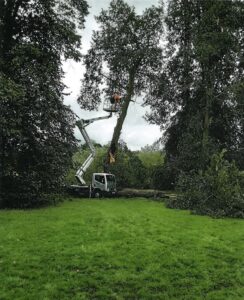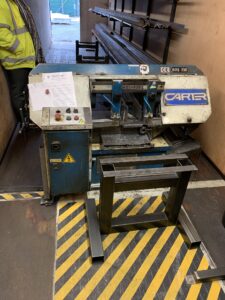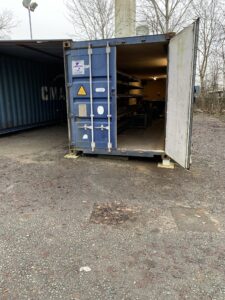Ginsters owner fined £1.28m after employee crushed to death by lorry
The owner of Ginsters has been fined £1.28 million after an employee was killed by a lorry that was delivering supplies to the bakery where it makes its pasties.
Paul Clarke was fatally crushed on 2 December 2021 after being struck by the vehicle as it reversed into a loading bay at The Cornwall Bakery, Callington, operated by Samworth Brothers.
He was taken via helicopter to Derriford Hospital, where he later lost his life.
“Our lives will never be the same without Paul,” his mother has said in a statement.

The 40-year-old, who had recently joined the bakery as an intake operator, had been moving strip curtains in the loading bay before being struck by the lorry.
A Health and Safety Executive (HSE) investigation found Samworth Brothers had not assessed the risks associated with the temporarily installed strip curtains and that there was no safe system of work to move them out of the way when the lorries reversed into the loading bay. The strip curtains had been installed in place of a faulty roller door.
The site staff had not been provided with training or instructions to move the curtains and had devised their own methods, which included standing in the yard behind reversing vehicles. Mr Clarke was new to the role and was working his first lone shift. Management failings had not picked up the additional risks associated with this task.
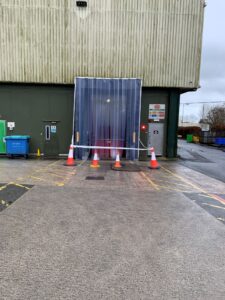
HSE guidance can be found at: Introduction to workplace transport safety – HSE
Bernice, Paul’s mother, said in a statement: “Paul was a family man and loved big family holidays, which will never be the same without him. I have not been on a family holiday since I feel so much guilt towards Paul, we don’t celebrate Christmas as the date is too close and it is just not the same.
“Paul and I had a very special relationship between a mother and a son. We were always talking and catching up. I would call him every weekend and see what he was doing. He would always come out with us on a bike ride or a walk. We all miss Paul very much every day, our lives will never be the same without Paul.”
Samworth Brothers Limited, of Samworth Way, Melton Mowbray, Leicestershire, pleaded guilty to breaching Section 2(1) of the Health and Safety at Work etc. Act 1974. The company was fined £1.28 million and ordered to pay £24,106 in costs at Plymouth Magistrates’ Court on 7 November 2024.
HSE inspector Aimie Baker said: “Bernice’s words make clear the impact the passing of Paul has had and our thoughts remain with her and her family.
“Workplace transport incidents involving pedestrians are a major cause of fatal injuries in the workplace with 25 such recorded fatalities in 2023/24. Employers should plan their workplace to reduce contact between pedestrians and vehicles.
“Their risk assessment should consider workplace transport activities, including loading and unloading, and ensure that pedestrians are safe from the risks associated with vehicle movements where they interact. The management arrangements further require employers to monitor and review their measures as appropriate for the risks.”
This HSE prosecution was brought by HSE enforcement lawyers Daniel Poole and Kate Harney, who were supported by HSE paralegal officer Imogen Isaac and HSE litigation officer Helen Vigus.
Notes to editors:
- The Health and Safety Executive (HSE) is Britain’s national regulator for workplace health and safety. We are dedicated to protecting people and places, and helping everyone lead safer and healthier lives.
- More information about the legislation referred to in this case is available.
- Further details on the latest HSE news releases is available.
- HSE does not pass sentences, set guidelines or collect any fines imposed. Relevant sentencing guidelines must be followed unless the court is satisfied that it would be contrary to the interests of justice to do so. The sentencing guidelines for health and safety offences can be found here.
